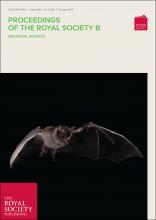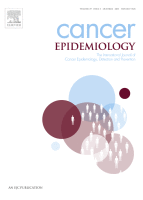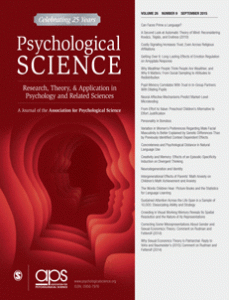 Despite acknowledging in its own pages that two recent high-profile retraction notices turned out to not tell the whole story, Nature will not be updating the original retraction notices, the journal tells us.
Despite acknowledging in its own pages that two recent high-profile retraction notices turned out to not tell the whole story, Nature will not be updating the original retraction notices, the journal tells us.
We checked in with Nature after it published two Brief Communications Arising regarding two high-profile retractions of papers describing a new method of reprogramming cells to a pluripotent state. (This method is also known as stimulus-triggered acquisition of pluripotency, or STAP.)
We were particularly intrigued by the journal’s plans for the retractions, published in 2014, when an editorial in the September 23 issue about the new BCAs (here and here) suggested the wording of the notices might be problematic: Continue reading Nature: No plans to change wording of STAP retractions
 A 13th retraction has been published for
A 13th retraction has been published for 
 To one reader of a paper on a nerve cancer, the researchers, based at a hospital in China, seemed to have found a very large number of cases of a rare cancer to study. That observation triggered an investigation into the paper that led to its retraction — and the concern that the authors in the paper never did the research at all.
To one reader of a paper on a nerve cancer, the researchers, based at a hospital in China, seemed to have found a very large number of cases of a rare cancer to study. That observation triggered an investigation into the paper that led to its retraction — and the concern that the authors in the paper never did the research at all.



 A 2010 paper on plant fungus has been retracted after a comment on PubPeer revealed that a study image had been flipped over and reused to represent two different treatments.
A 2010 paper on plant fungus has been retracted after a comment on PubPeer revealed that a study image had been flipped over and reused to represent two different treatments.